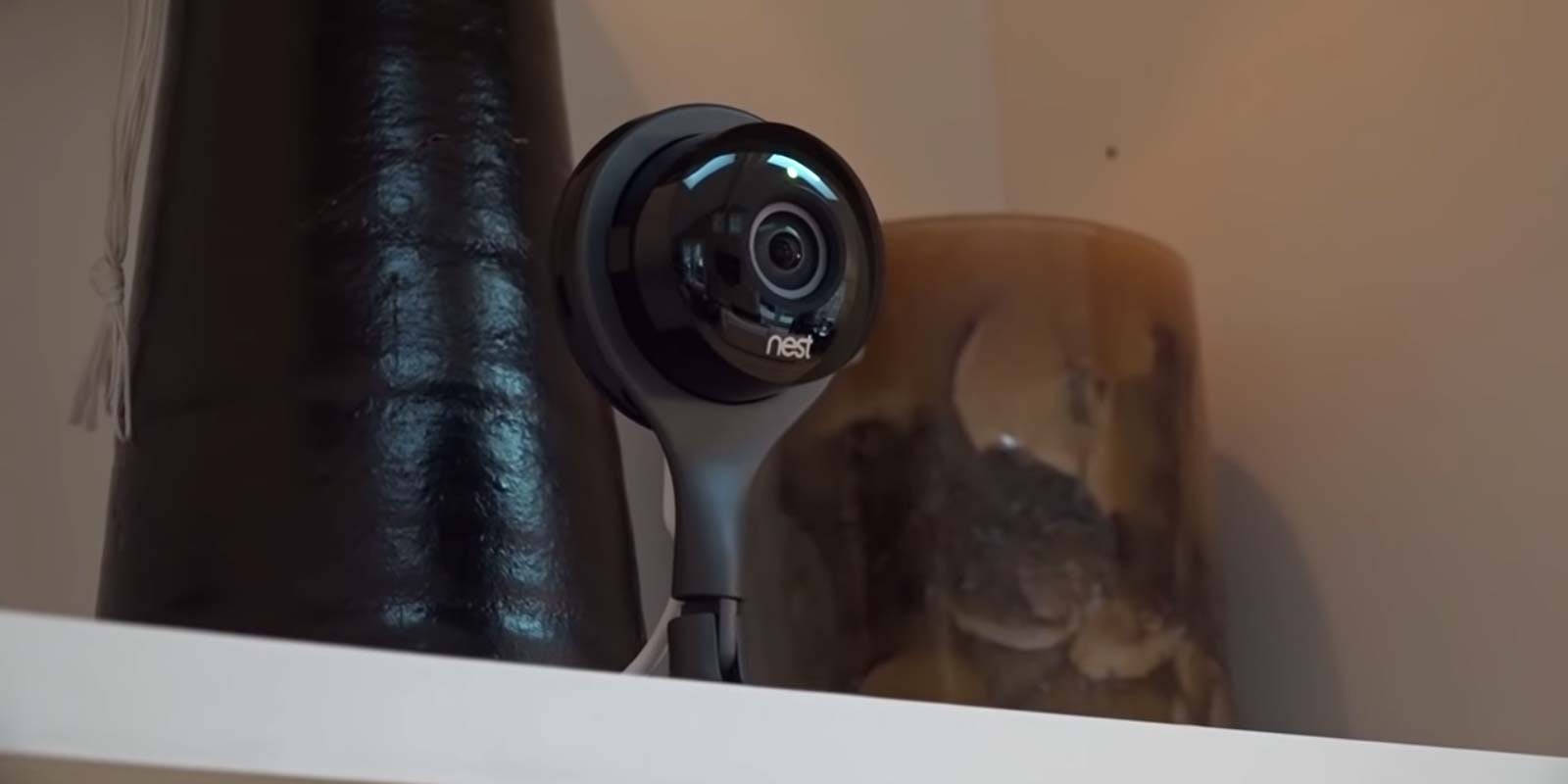A California family says a hacker infiltrated their internet-connected surveillance camera and sent a fake warning of an incoming missile attack from North Korea, the Mercury News reports.
The incident happened on Sunday, when East Bay resident Laura Lyons suddenly heard a sound similar to an emergency broadcast alert emanating from her living room. Moments later, a male voice warned that three intercontinental ballistic missiles had been fired by North Korea and were on their way toward Los Angeles, Chicago, and Ohio.
“It warned that the United States had retaliated against Pyongyang and that people in the affected areas had three hours to evacuate,” Lyons said. “It sounded completely legit, and it was loud and got our attention right off the bat.”
Lyons says she and her husband at first assumed the message had come from their television. The alert, which even claimed that President Donald Trump had been taken to a secure location, repeated a second time as Lyons attempted to plan her family’s escape.
“My first thought was, ‘Which car are we going to get into now because the Bay Area would be such an obvious target?’” Lyons said. “I was thinking we can stop at our friends in Napa. I was disappointed I didn’t have much cash on me. I was going right down the rabbit hole.”
As the couple’s terrified 8-year-old son attempted to hide under the living room rug, Lyons discovered that the message had originated from their Nest security camera.
The family then began scanning news stations on their television and, after hearing nothing about a missile attack, called 911 to ask if anyone else had received a similar alert.
Lyons, who says she wasn’t even aware that her Nest camera had a speaker, became suspicious and began searching online for “Nest and hack.” After calling Nest’s customer service line, the family was informed that their camera had likely been compromised.
The customer service representative speculated that the family had fallen victim to a data breach at another online service and that they had used the same password on their Nest camera.
“They have a responsibility to let customers know if that is happening,” Lyons argued. “I want to let other people know this can happen to them.”
Following the incident, Lyons says her husband changed the camera’s password, enabled two-factor authentication, and disabled the device’s speaker and microphone.
The Lyons family is just one of many who have experienced similar incidents with WiFi-connected home surveillance systems.
A Texas couple also reported in December that a hacker had accessed a Nest camera in their infant’s room and said, “I’m going to kidnap your baby,” over its speaker.
H/T Mercury News


